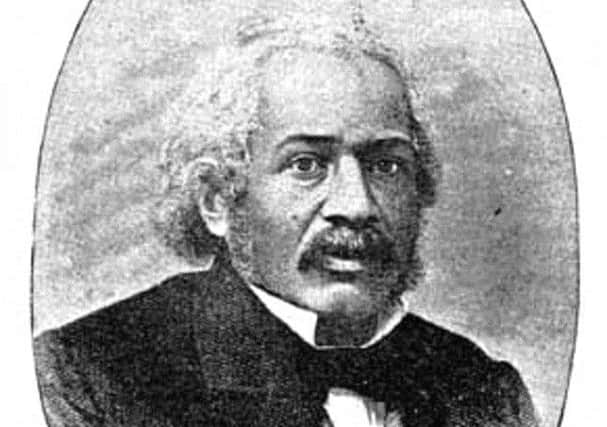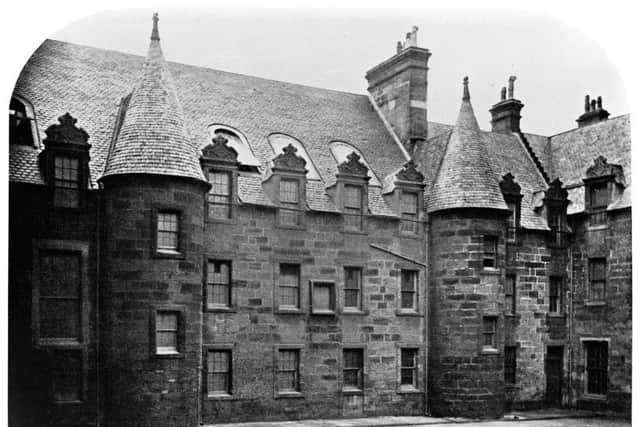University of Glasgow honours life of James McCune Smith


James McCune Smith proved to be such an outstanding student during his years at the University of Glasgow that he obtained not one but three degrees - a bachelor’s degree in 1835, a master’s degree in 1836, and his medical doctorate in 1837.
Now an academic at Glasgow has paid tribute to this remarkable achievement, 180 years to the day McCune Smith’s doctorate was awarded.
Advertisement
Hide AdAdvertisement
Hide AdBorn to an enslaved mother in 1813 but freed by the New York State’s Emancipation Act, McCune Smith was recognised early on as being intellectually gifted.


He attended the African Free School in Manhattan, but when he applied for entry to several American universities he was refused admission.
Despite slavery still in existence in the British Caribbean, and racist views remaining prevalent across the United Kingdom, the University of Glasgow stepped in and offered him a place, which he took up in 1832.
“McCune Smith’s mother had been a slave in South Carolina, but he was freed in 1827, when New York freed all the enslaved people in the state,” said Professor Simon Newman, lead academic on the university’s Runaway Slaves project.
“He was already attending school by that point and was clearly a brilliant pupil, so he applied for medical school several years later at Columbia and other American universities, but was rejected by them all.


“He was accepted by Glasgow, which ironically was a far better medical school than any of the American ones he had applied to.
“The free black community in New York mobilised and raised the money to send him.”
The Runaway Slaves project at the University of Glasgow aims to uncover new details about the black population of Scotland and England from 1700-1780. In Scotland, there were only around 70-100 recorded black people during this period.
Advertisement
Hide AdAdvertisement
Hide AdMcCune Smith later recorded his experience as a student at Glasgow was remarkably free of racism.
“The only real experience of racism was when he went home to America and an American ship’s captain refused him a cabin because they were for whites only,” added Prof Newman.
“The students and his colleagues and members of the Glasgow Emancipation Society were outraged, so they protested and managed to get him a cabin on the ship.
“Frederick Douglas, another well-known former African American slave and abolitionist, would later say that McCune Smith would “breathe the free air of Scotland”, and it changed him. He began to envisage a world completely different from the one he grew up in, there could be an equality of the races.”
He later returned home to New York and was welcomed as a black intellectual before setting up a medical practice in lower Manhattan serving the black and white poor communities.
“His greatest influence was to show that black men and women were not simply defined by slavery and abolitionism,” Professor Newman added.
“This was an age when probably the best known doctor Josiah Nott, who was McCune Smith’s contemporary, was a racist slaveholder who believed that slavery was right, that it was justified by God and was proved by biology.
“To have someone like McCune Smith as a doctor in New York, who was publishing a lot more than Josiah Nott, who was probably a much more educated and intelligent man, was an example in itself that could not be emulated by most African Americans.
“Only his Glasgow education allowed him to do this.”
